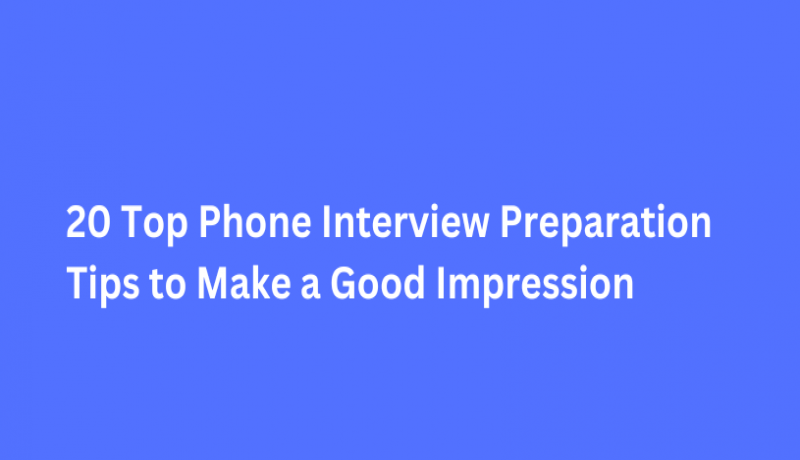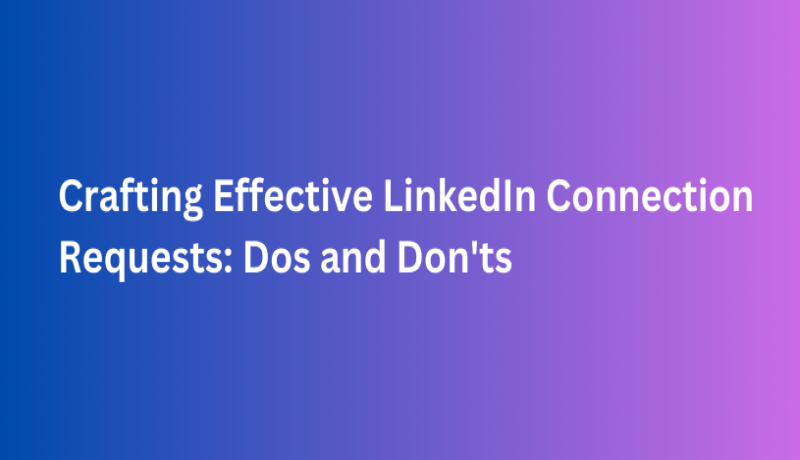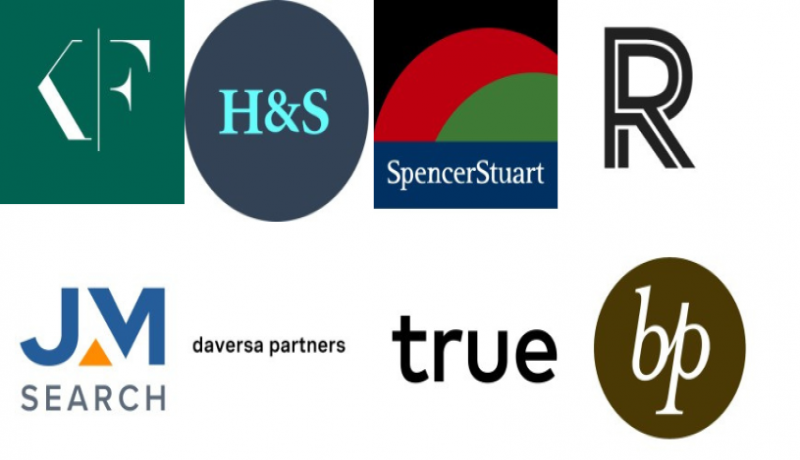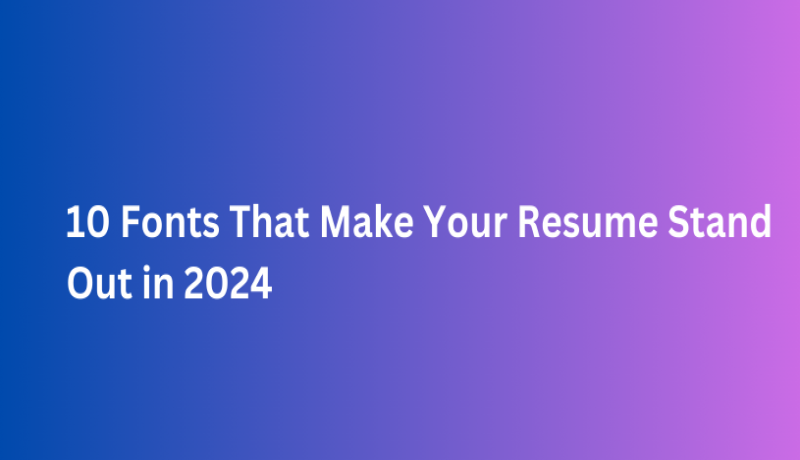20 Top Phone Interview Tips to Make a Good Impression
A phone interview is an initial screening step in the hiring process where a prospective employer assesses a candidate's qualifications, communication skills, and overall fit for a position over the phone.
Typically conducted before an in-person interview, a phone interview serves to narrow down the pool of applicants and identify individuals who merit further consideration.
During the call, the interviewer may discuss the candidate's resume, delve into their relevant experiences, and ask behavioral or situational questions to gauge their abilities.
It is essential for candidates to prepare thoroughly, showcasing their enthusiasm, knowledge about the company, and suitability for the role.
Effective communication and a positive impression during the phone interview can pave the way for subsequent stages in the hiring process.
Preparing for a telephone interview is crucial to make a positive impression and increase your chances of moving to the next round of the hiring process.
Here are some tips to help you get ready:
1. Phone Etiquette
Find a quiet and comfortable space for the call.
Test your phone's signal strength and make sure it's fully charged.
2. Professional Voicemail
Ensure your voicemail greeting is professional in case the interviewer has to leave a message.
3. Be Punctual
Answer the phone promptly, preferably by the third ring.
If the interviewer scheduled the call, make sure you are available and ready at the agreed-upon time.
4. Eliminate Distractions
Turn off call waiting to avoid interruptions.
Inform family members or roommates about the interview to minimize noise.
5. Quiet Environment
Choose a quiet and distraction-free environment for the call.
Inform those around you about the interview to minimize interruptions.
6. Clear and Concise Communication
Speak clearly and at a moderate pace.
Avoid using filler words excessively (um, uh) and articulate your thoughts confidently.
7. Active Listening
Pay close attention to the interviewer's questions and comments.
Pause before responding to ensure the interviewer has finished speaking.
8. Professional Tone
Maintain a professional and positive tone throughout the conversation.
Smile while talking; it can help convey a friendly attitude.
9. Answering Calls Politely
If you're answering an unexpected call, start with a polite and professional greeting.
Avoid answering calls with just a "hello"; instead, use a phrase like "Hello, [Your Name] speaking."
10. Follow Interviewer's Lead
Follow the interviewer's pace and communication style.
If using video conferencing, wait for visual cues before speaking to avoid talking over each other.
11. Research the Company
Understand the company's mission, values, products/services, and recent news.
Familiarize yourself with the company culture and any recent achievements.
12. Review the Job Description
Identify the key skills and qualifications required for the position.
Think about how your experiences and skills align with the job requirements.
13. Know Your Resume
Be ready to discuss your resume in detail, highlighting relevant skills and experiences.
Be prepared to explain any gaps or transitions in your employment history.
14. Understand the Role
Clarify your understanding of the role and how it fits into the organization.
Be prepared to discuss how your skills match the specific requirements of the position.
15. Prepare Common Questions
Anticipate common interview questions and practice your responses.
Have specific examples ready to illustrate your skills and accomplishments.
16. Prepare Questions
Have a list of thoughtful questions to ask the interviewer about the company and the role.
This demonstrates your interest in the position and the company.
17. Practice
Conduct a mock interview with a friend or family member over the phone.
Practice answering questions clearly and concisely.
18. Keep Relevant Documents Handy
Have a copy of your resume, the job description, and any notes you've prepared nearby.
Use these materials as a reference during the interview if needed.
19. Body Language (Even though they can't see you)
Smile while speaking to convey a positive tone.
Sit up straight to help project confidence in your voice.
20. Follow-Up
Express your gratitude for the opportunity at the end of the interview.
Ask about the next steps in the hiring process.
Remember to be yourself and let your enthusiasm for the position come through during the conversation.
Telephone interviews are a chance for the employer to get to know you better, so use the opportunity to showcase your skills and personality.
By adhering to these phone interview etiquettes, you can present yourself as a polished and professional candidate, increasing your chances of moving forward in the hiring process.
Your Resume Needs an Upgrade!
Our Executive Resume Writing Service is designed for leaders like you, who are aiming to elevate their careers to new heights. Upgrade with professional experts to industry recognized formats, fonts, text, content and pleasing design.
Whether you're pursuing a new career opportunity, seeking a promotion, or aiming for a more rewarding role, we are here to help you achieve your goals.
Get started - https://executiveresumewriting.c-suitecvsecure.com/
Career Advice
Why is It Important to be Visible in Your Organization?
Traits to Look for in a Professional Mentor
Why Should Senior Executives Use a Professional Resume Writing Service
17 Evidence-Based Strategies to Achieve Work-Life Balance
Things to Do When You Feel your Career is Stuck
How to Ask for a Promotion In 2024 and Actually Get It
Feeling Burned Out at Work? Here's How to Cope
How to Navigate Office Politics
How to Communicate Effectively with Senior Executives in Your Organization
How to Deal with a Bad Boss and Thrive
Navigating the Maze: Strategies for Thriving in a Toxic Work Environment
How to Maximize Time and Efficiency in a Business Conference
How to Write a LinkedIn InMail Seeking Job Opportunities: With Templates
How to Write a Great LinkedIn Summary in 2024
How Long Does It Take a Startup CEO to Build a Successful Business
What is Application Tracking System (ATS) in Recruitment and How to Create an ATS Friendly Resume
How to Write an Executive Resume
17 Key Points to Avoid in an Executive Resume
15 Executive Resume Mistakes You Should Fix Today
Inevitable Components of an Executive Resume
How to Address Job Gaps in Your Resume
How to Explain Layoff in Your Resume
How to Negotiate Salary When You are Offered a Job
Salary Negotiation for C-Suite Executives
7 reasons Why Recruiters Are Ignoring You Even After Interviews
How to Prepare for a Psychometric Assessment
20 Top Phone Interview Tips to Make a Good Impression
Why do Companies Fire and Hire at the Same Time?
What is Organizational Restructuring and How to Deal with an Organizational Restructuring
How to Deal with Job Insecurity
15 questions to Ask Yourself Before an Executive Panel Interview
Why does the Unemployed Find it Difficult to Land a Job








